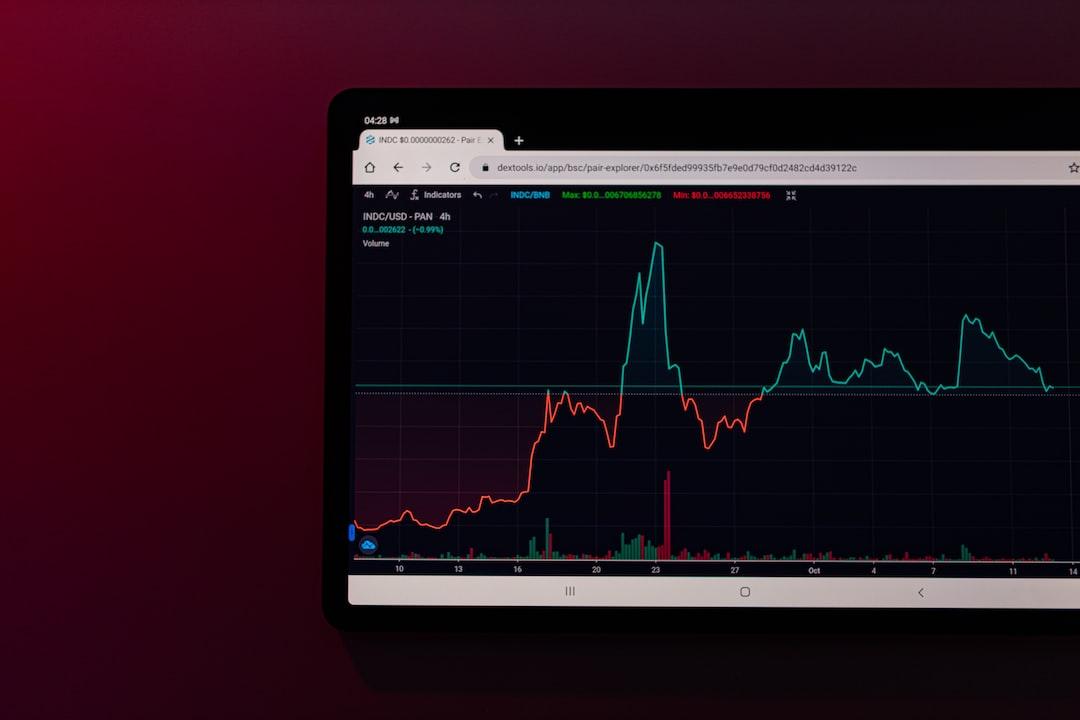The London Stock Exchange (LSE) has made an announcement stating that it will begin accepting applications for Bitcoin and Ether crypto exchange-traded notes (ETNs) in the second quarter of 2024.
On March 11, the exchange confirmed that it would accept applications based on the guidelines outlined in its Crypto ETN Admission Factsheet. However, the exact date for accepting applications was not provided.
According to the factsheet, the exchange specifies that crypto ETNs should be physically backed and non-leveraged. They must have a publicly available market price or value measure of the underlying asset and must be backed by Bitcoin (BTC) or Ether (ETH).
Furthermore, the exchange emphasizes that the underlying crypto assets should be held “wholly or principally” in a cold wallet or a similar secure storage method. Additionally, these assets should be held by a custodian who is subject to Anti-Money Laundering laws in the United Kingdom, the European Union, Switzerland, or the United States.
The exchange defines ETNs as “debt securities that provide exposure to an underlying asset.” Crypto ETNs enable investors to trade securities that track the performance of crypto assets during the exchange’s trading hours.
An ETN is commonly seen as a more flexible alternative to exchange-traded funds (ETFs). Unlike ETFs, an ETN is a debt instrument backed by its issuers rather than a pool of assets. ETFs often focus on complex debt strategies that are not easily accommodated within funds.
In a separate announcement, the U.K.’s Financial Conduct Authority (FCA) stated that it would not object to requests from Recognised Investment Exchanges (RIEs) to create a market segment for crypto-backed ETNs. The FCA allows exchanges to offer these products to “professional investors,” including credit institutions and investment firms authorized or regulated to operate in financial markets.
The financial watchdog also stressed the importance of exchanges implementing sufficient controls to adequately protect investors. The FCA further mentioned that crypto-backed ETNs must meet requirements such as ongoing disclosure and prospectuses, which are part of the U.K. listing regime.
While institutions can offer ETNs, the FCA deems them unsuitable for retail investors due to their risks. Selling crypto-backed ETNs to retail consumers will remain prohibited. The regulator emphasized that crypto assets are high-risk and largely unregulated, and individuals who choose to invest should be prepared to potentially lose all their money.
Magazine: Bitcoin mining difficulty experiences a significant increase, new Satoshi emails are revealed, and more in Hodler’s Digest.

